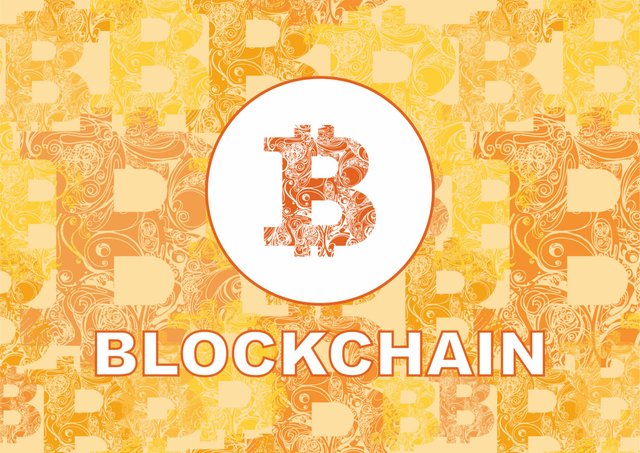Can't Be Evil: The Google-Inspired Case for Blockchain
Muneeb Ali is the co-founder of Blockstack, a blockchain startup aiming to provide a new internet for decentralized apps.
In this opinion piece, Ali discusses how a play on Google's signature catch-phrase illustrates both the power of blockchain technology and how it could come to impact society.
On the internet, we trust the "good guy''

The companies who store our data, who host our domains, who serve our content. Companies like Google, Cloudflare and GoDaddy have the power to shut down websites or block specific users, but they don't flex that muscle. Until they do.
Cloudflare recently made the extremely tough decision to terminate the account of a neo-Nazi website. The company remained content neutral for years before this incident, and it realizes why this decision is dangerous – yet it still made the call to terminate the account.
The point here is not to question if it was the right call to make given the situation, it's that no person or company should have the power to make such calls to begin with.
The Cloudflare incident is not alone. DreamHost is fighting a Department of Justice demand to hand out all IP addresses of visitors to an anti-Trump website. The central content providers and hosts have this power and can be forced into using it in ways that they do not agree with.
Google has a famous motto "Don't be evil." But maybe it should be "Can't be evil."
No company on the internet should have so much power that they get to debate if they should be evil today or not.
In a "can't be evil" model, trusting "good guys" is replaced by cryptographic ownership of digital assets and mathematical proofs of security.
A 'can't be evil' internet
A truly open and free internet is not just a theoretical concept. There are technologies available today that can make it happen.
Decentralized domain name systems like BNS (used by Blockstack), Namecoin, ENS (used by ethereum) and others are already available. They generally use blockchains to build a global DNS-like system in a fully decentralized manner; no single company can censor a website or forcefully take away the ownership of a domain.
Decentralized storage systems like Gaia (used by Blockstack), Swarm (used by ethereum), IPFS, Storj and others distribute data on many peer nodes and remove the reliance on any single company for serving content.
Some systems, like Gaia, repurpose existing cloud storage providers and can give comparable performance to existing services.
Applied cryptography has been around for decades and forms the basis for many secure, decentralized systems. The technology is seeing a renewed interest and is getting easier to use with friendly interfaces for managing private keys and better-designed software.
New browsers with blockchain support like Brave, the Blockstack browser, Mist and others are already available and support blockchains in various ways. Brave enables blockchain-based payments.
The Blockstack browser connects to a new decentralized internet.
"The future is already here — it’s just not very evenly distributed," — William Gibson (1993)
Censoring offensive content
An open decentralized internet doesn’t mean that users cannot censor offensive content. In the new model, users run blacklists on their browsers or clients, and can opt-in to blocking offensive content.
No single company should be able to enforce its version of morality on the entire internet or to track users. That’s not how freedom works.
The users themselves can choose what should and what should not be censored for them. Instead of relying on promises made by the "good guys," the "can;t be evil" internet protects this right through code and mathematics.